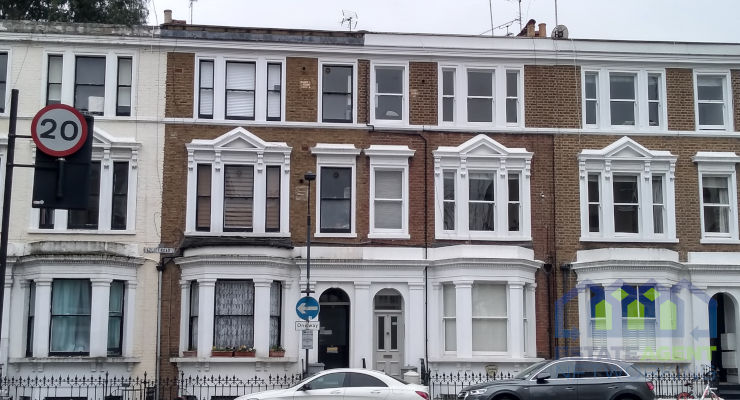Why Property Investment Is Hot In the UK Right Now
With high property prices and swinging regulatory and tax changes, UK properties have been on the negative side of headlines over the past few years. However, with the recent growth of local and foreign investors in the country’s real estate market, investing in UK properties is quickly becoming more and more popular.
Why is it good to invest in a UK property right now? Here are some reasons why:
1. Capital Growth
Most people think and believe that UK property prices double their value every 10 to 15 years, but most of the time, this isn’t exactly true. The exact calculation and formula typically vary with the market’s differences. However, some UK cities have seen a significant price upsurge for the last three years.
If you’re interested in buying a property in one of these top-performing cities, you can visit the website of UK property investment companies, like Thirlmere Deacon, for more information.
According to TheGuardian, here are three cities in the UK that have seen such inflation:
-
Liverpool – Property prices in the city have increased by up to 11% since 2016.
-
Manchester – Property prices in the city have increased by up to 15% since 2016.
-
Birmingham – Property prices in the city have increased by up to 16% since 2016.
For example, a house in Liverpool purchased at 300,000 EUR in 2016 would then be worth 333,000 EUR in 2019 – excluding taxes, purchase fees, and other expenses.
2. Extremely Low-Interest Rates
The base interest rate of The Bank of England is currently at 0.75%. There are also more competitive buy-to-let lenders nowadays, making it inviting for investors who want to get a higher rate of return than the current rate of inflation at 2%. This can be an excellent opportunity for landlords and investors to improve or expand their property portfolio by buying more properties and also to acquire higher returns in a strong rental market.
3. Leverage
Leverage is using debt to finance the purchase of an asset. In property investment, this can be used to increase the return on the equity invested by acquiring a buy-to-let mortgage. And with low-interest rates, using leverage can enable property investors to produce a higher return on investment. This is not something you can do when you’re investing in other asset classes like trading shares and stocks or relying on bank interest with savings accounts.
4. Gearing
With low-interest rates, it’s now even easier to gear your property portfolio as a buy-to-let property investor. For example, if you have 200,000 EUR available, instead of buying a single property worth 200,000 EUR, you can use the same amount to buy four buy-to-let properties by depositing 50,000 EUR on each and utilizing buy-to-let mortgages.
If the property price inflates to 20% in that area where your properties are located, this means that instead of having a single property that’s worth 240,000 EUR, you can have four properties worth 960,000 EUR. Having multiple property investments with low mortgage rates can be an excellent way to increase your returns on investment.
5. Tangible Assets are Always Better
Buying brick-and-mortar properties have long been recognized as a good way to invest in the property market. This is because buying tangible assets has been proven to be advantageous for many people for hundreds of years.
When compared to other investments, such as shares, stocks, and other forms of intangible assets, buying brick-and-mortar properties can be a more practical way to invest your money. Why? Because you’ll always know where your investment is and that it’s not going anywhere soon.
6. Opportunity to Increase Value
Buying a property now allows you to have the ability to redesign, refurbish, extend, or add other features that can potentially increase its appeal or value if you decide to sell and exit within the next few years. This is something you can’t do with other asset classes.
But why should you consider buying a property now that needs refurbishment or is still being built? This is because when all the work and building is done, it’ll definitely increase the property’s value. Additionally, considering an off-plan property investment can also be a good idea, as the property’s value will surely increase once it’s built after a year or two.
Closing Thoughts
If you’re deciding whether or not to invest your money in a UK property, you can consider the things listed above to make your decision-making process easier. Also remember that in property investment, there will be risks involved. Therefore, it can be a good idea to consult a financial adviser when making such decisions.









